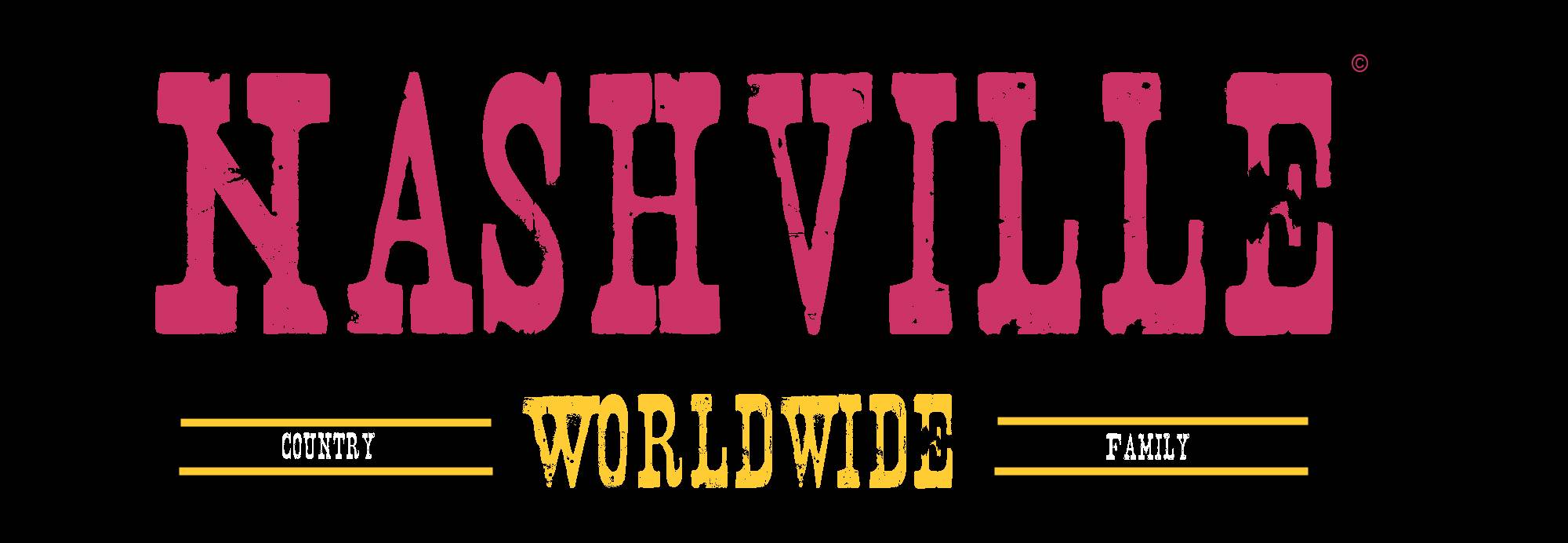It’s The Nineties Episode 5: Number Ones from Alabama, Randy Travis, Clay Walker & Alan Jackson
By Jonny Brick
1991 Alabama – Forever’s as Far as I’ll Go
It seems impossible to undersell Alabama as the definitive country artist of their era. After Dolly and before Garth, they had hit after hit after hit; aside from Christmas In Dixie and Tar Top, they had a near unbroken run of chart-toppers between 1980 and 1989 including evergreen copyrights Mountain Music, Dixieland Delight and the one about needing a fiddle in your band.
At the time, country had retreated from the pop charts, so after their run of hits in the Urban Cowboy era (1980-83) including three in the US Top 20, the band were an enormous fish in a Music City pond. This song was written by former gridiron player Mike Reid, a Renaissance Man who played piano with symphony orchestras and wrote a dozen number ones including the peerless I Can’t Make You Love Me.
Throughout this fidelity-soaked ballad, Owen’s narrator promises to give his beloved everything he has: ‘It’s only fair that you know forever’s as far as I’ll go,’ he swears with a ‘heart faithful and true’. In both verses there’s the sense of touch: ‘the first time that we touched’ in the first verse, ‘a touch to recall the love we’ve shared’ in the second. Even when he’s old – the circumlocutory ‘age around my eyes and gray in your hair’ – he will still love her. Couples who chose this as their wedding song in 1990 will now have been married 35 years.
1993 Randy Travis – Look Heart, No Hands
In the early 1990s, several acts put out two albums on the same day, to show the crass commercialism of the era: Guns N’ Roses and Bruce Springsteen did it and so, in September 1992, did Travis. In his case it was concurrent greatest hits albums, sold separately, each with 11 tracks.
This smart love song kicked off the second volume and was followed by the peerless evergreen Forever and Ever Amen. We open with the images of the narrator recalling a bike ride down a hill where Travis was ‘paying no mind’ to the traffic, with ‘no doubt, no fears…no chains, no strings, no fences, no walls, no net’; as in cycling, so in love.
The metaphor runs throughout verse two as Travis comes ’up to speed to find the confidence and the strength I need’. All he needs is ‘a smile or a touch’ to feel like he did when he sped down the hill as a kid.
1994 Clay Walker – Live Until I Die
The Garth era of country music begat tons of blokes in hats. Here’s one who broke through in 1993 with his self-titled album, and he wrote this second chart-topper by himself.
Kenny Chesney took inspiration from this song in about a dozen of his hits: here, Walker’s carefree narrator boasts in the familiar country style, that merely existing is enough for him: ‘livin’ right’, ‘standin’ pround’, ‘I don’t worry about things that I can’t change’. He also gives nightly prayers to ‘thank the Lord above’.
Musically this is horrendously dated. The great introductory fiddle riff is rather ruined by the drum sound: tinny snare rimshots runs throughout the verses, while boomy tom-toms bring in the iffy snare for the chorus. Plus, just to warn you, there is a key change.
1995 Alan Jackson – Gone Country
Country music is the clash between rural and urban, country and city, tractor and briefcase. There will always be songs, every year, about people from the South rubbing up against people from metropolitan America; think of Hank Williams Jr and his brilliant A Country Boy Can Survive. Indeed, at the 2024 CMA Awards, young Bailey Zimmerman ran around the stage shouting about people who were New to Country. Thirty years ago, Jackson had his sixth number one doing the same thing more elegantly.
The song contains are three vignettes: a Long Island lady leaves Las Vegas ‘to try her hand’ at doing country music in boots and ‘a new kind of suit’, likely a Nudie Cohn one; a Greenwich Village folkie forsakes songs ‘speaking out against wealth and privilege’ by convincing himself that Nashville’s best tunes ‘don’t sound much different than Dylan’; and a pop guy in LA ‘schooled in voice and composition’ is encouraged to leave ‘the crime and the smog’ and also because ‘it sounds so easy to go country’ and make a quick buck.
Written by Country Music Fall of Famer Bob McDill, the song proves that Americans really can do irony. Jackson’s entire vocal is delivered with what sounds like a knowing smirk; listen to how he sighs ‘they’re not as backward as they used to be’ before the second chorus and how he sneers ‘here he comes!’ at the end of the choruses. Proving that ironyometers can break easily, at the end of 1995 this song was voted the favourite ever country song (ever?!) by listeners of WYNY, New York City’s country station.
Chad J Country plays one of Jonnys selection each week in his Wednesday Chad J Country radio show

Follow Jonny through The Nineties episode by episode.
For more country music evangelism, go to countrywol.com where you can read Monday essays, Friday reviews and Sunday Hymn Sheets. Follow Jonny’s Country Music Calendar at the Country Way of Life Facebook page (facebook.com/acountrywayoflife).
Any Given Songday and Stuck at Two, the pair of series which celebrate the centenary of the Grand Ole Opry, can be found at CountryWOL.com

